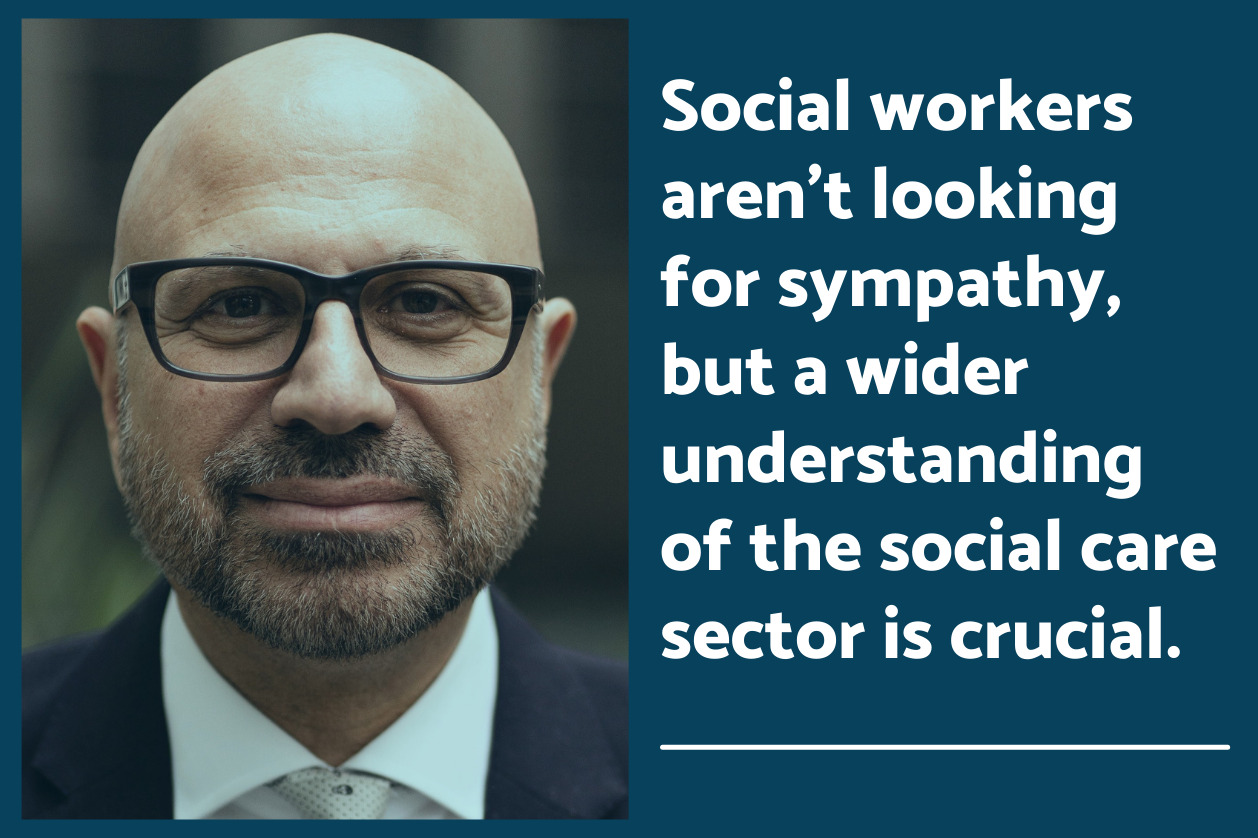
Why do we love to hate social workers?
Social workers have once again captured headlines, not for their heroic efforts during the pandemic but due to the tragic deaths of two vulnerable children at the hands of their abusive parents.
Like everyone else, I have been deeply disturbed by the circumstances surrounding these deaths. It prompts reflection on what this reveals about us, our communities, and the systems we’re working in.
For social workers, the situation is particularly complex. While they too are parents and grandparents, they also bear a corporate responsibility for the vulnerable—a responsibility that has become significantly more challenging.
Let’s pause and take stock for a moment: We’ve endured a period of extreme austerity, with local authorities facing repeated budget cuts. Early intervention was badly hit, and not just for economic reasons. The funding for Sure Start children’s centres, introduced in 1999 by the last Labour government has decreased by nearly 70% since 2010, resulting in the closure of over 500 centres.
As a recruiter in this sector, I can attest that qualified social workers are in short supply. Local authorities grapple with unfilled vacancies, and despite the want to cap social worker caseloads, the reality is that there simply aren’t enough social workers to meet statutory requirements.
Adding to the challenges is the impact of Covid. In the highly regulated social care sector, social workers found themselves carrying out their work with a whole raft of new measures. Limited face-to-face access increased the complexity of their work, especially in multi-agency activities where statutory requirements were involved.
Access to safety nets like playgroups, youth clubs, and the supportive adults who work there disappeared overnight.
My intent is not to seek sympathy for social workers. Sympathy is as valuable as a round of applause on a Thursday evening. Instead, I aim to foster a broader understanding of the intricacies of the social care sector.
Arthur Labinjo-Hughes and Star Hobson were tragically murdered by those who should have ensured their safety, warmth, and love. Their social workers are overloaded, under-resourced, and lack support from early intervention services. Their stories are often reduced to two-dimensional narratives, damned for ‘stealing’ children and damned again when they don’t.
While there may have been missed opportunities to prevent these awful murders, attributing blame to individual social workers is naïve. What is needed is support for social workers as they navigate through the challenges of Covid, bureaucracy, and an outdated, underfunded system. Professionals should be held accountable, but they also require manageable caseloads and reliable funding for resources and multi-agency support. Until then, the entire system operates with at least one hand tied behind its back.


